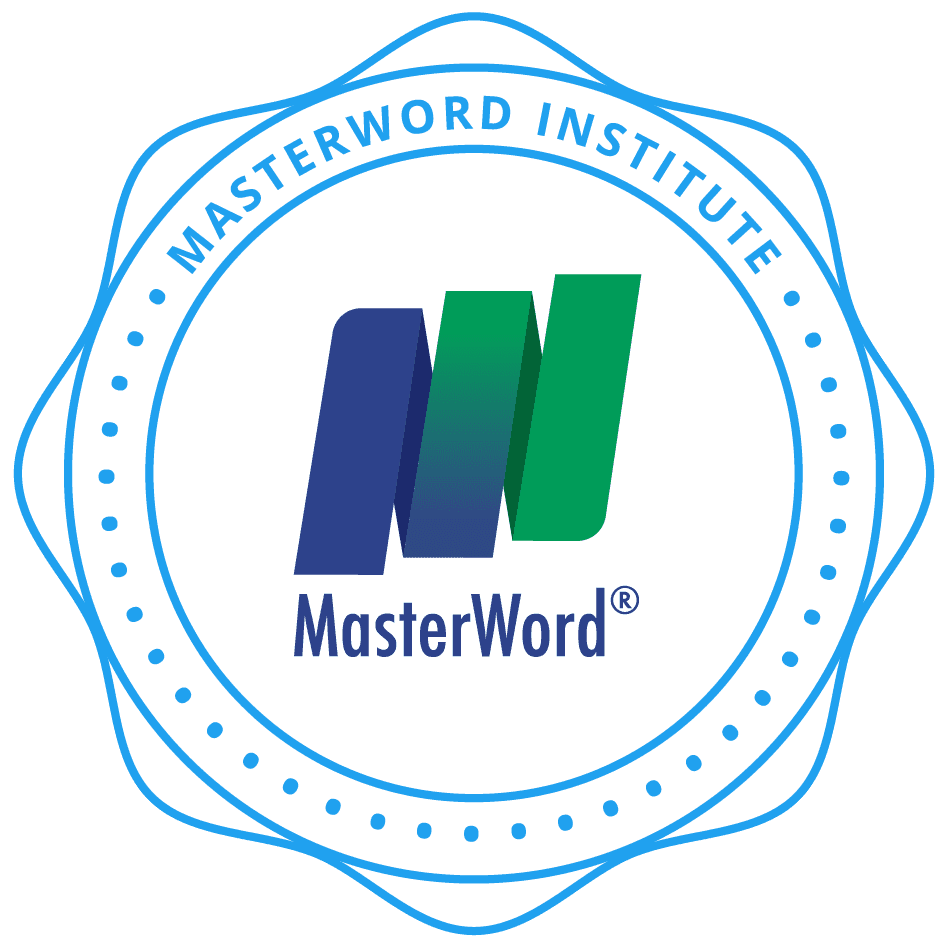Which medical interpreter certification is preferred by prospective employers? Which is more difficult? What are the costs?
Regulatory changes at local and state levels, as well as publications by Health and Human Services and accrediting agencies are encouraging the documentation and skill verification of interpreters and bilingual personnel. With this increased demand for testing, you may find yourself asking: Which medical interpreter certification is preferred by prospective employers? Which is more difficult? What are the costs?
If you find yourself asking these questions, you should begin by visiting the sites for each of the organizations that offer certification for medical interpreters: the Certification Commission for Healthcare Interpreters (CCHI), the National Board of Certification for Medical Interpreters (NBCMI), and the Texas Board of Evaluation for Interpreters (BEI). You may find one is a better option for you based on the following considerations.
Is the interpreter certification available for your language pair?
- CCHI’s performance exam (CHI) is currently available for Spanish, Mandarin, and Arabic interpreters.
- NBCMI’s oral exam is currently available for Spanish, Mandarin, Russian, Cantonese, Korean, and Vietnamese interpreters.
- BEI only offers interpreter certification for ASL interpreters.
Do I meet the pre-requisites for a medical Interpreter certification?
- BEI requires that you hold valid certification as an ASL interpreter, visit their site for a comprehensive list of approved BEI and RID certifications.
- All three organizations have the same basic requirements which include a minimum of a high school diploma or equivalent level of education, minimum age requirement of 18 years and medical interpreter training (80 hours for BEI, 40 hours for CCHI and NBCMI).
- Additionally, both NBCMI and CCHI require language proficiency in both English and the target language. There are minor differences between the two on how you prove your proficiency in either language that you should consider when selecting the certification that is right for you. Information on the approved methods for establishing your proficiency is available on page 6 NBCMI’s handbook and page 15 CCHI’s handbook.
- BEI also runs a background check and requires that you have no criminal convictions that would prevent you from holding BEI certification. For more information on page 17 of the BEI Medical Interpreter Certification Study Guide.
Intensive Medical Interpreting Training
This package is designed to prepare you for interpreting in the healthcare industry. This program meets the pre-certification requirement for healthcare interpreters, it is nationally accredited for 40.00 instructional hours by CCHI.
Is there a testing location near me?
- You can find the available testing locations on NBCMI’s website here and CCHI’s website here. NBCMI offers a “Test from Home” option, which is currently unavailable until further notice.
- All BEI medical Certification exams take place in Austin TX. For upcoming test dates visit their site.
What is the cost of certification for medical interpreters?
- Currently both NBCMI’s Certified Medical Interpreters (CMI) and CCHI’s Certified Healthcare Interpreters (CHI) exam require the same investment including a $35 registration fee, $175 written exam fee, and $275 oral exam fee for a total investment of $485. CCHI collects the Application Fee and written exam (CoreCHI) fees when the application is submitted, but will refund the written exam fee if the application is not selected.
- BEI Medical Certification fee is currently $185.
What competencies will be tested?
- The written assessment for CCHI and NBCMI is broken down as follows:
CCHI
Managing an Interpreting Encounter – 30%
Understanding Healthcare Terminology – 24%
Interacting with Other Healthcare Professionals – 22%
Preparing for an Interpreting Encounter – 19%
Cultural Responsiveness – 5%
NBCMI
Roles of the Medical Interpreter – 8%
Medical Interpreter Ethics – 15%
Cultural Competence – 8%
Medical Terminology in Working Languages – 38%
Medical Specialties in Working Languages – 23%
Interpreter Standards of Practice – 5%
Legislation and Regulations – 3%
- Both oral exams will take approximately 60 minutes to complete but are structured quite differently. CCHI’s CHI Examination consists of 4 consecutive bidirectional scenarios, 2 simultaneous interpreting scenarios, 3 sight translation passages, and a multiple-choice translation question. NBCMI’s oral exam consists of 2 sight translations and 12 consecutive interpreting scenarios.
- The BEI Medical Interpreter Performance Test includes medical terminology, simultaneous and consecutive interpretation (in both directions), as well as sight translation. For more information see the study guide.
How long will the certification last?
- NBCMI and BEI certification period is 5 years, while CCHI’s certification period is 4 years.
What are the re-certification requirements?
- In order renew your certification, NBCMI requires that you complete 30 contact hours of approved training (as of January 1, 2018 ONLY training approved by IMIA) and pay a $300.00 re-certification fee within 45 days of the expiration day.
- CCHI, however, requires 40 hours of work experience (20 per 2-year cycle), 32 hours of medical interpreting continuing education (16 per 2-year cycle, 2 of which need to be performance based training), and payment of $300.00. Continuing education activities that have been pre-approved by CCHI, are guaranteed to be accepted and all other training will be evaluated by the Commission and approved based on the information provided.
- For BEI, you must meet the BEI general interpreter certification requirements (60 hours of interpreting training, 20 hours of ethics training, and 20 hours of general studies), where 20 clock hours of your continuing education is in medical interpretation, and pay the $70 (for a single certification) or $100 (for multiple certifications) renewal fee.


